Penn GSE News Archive

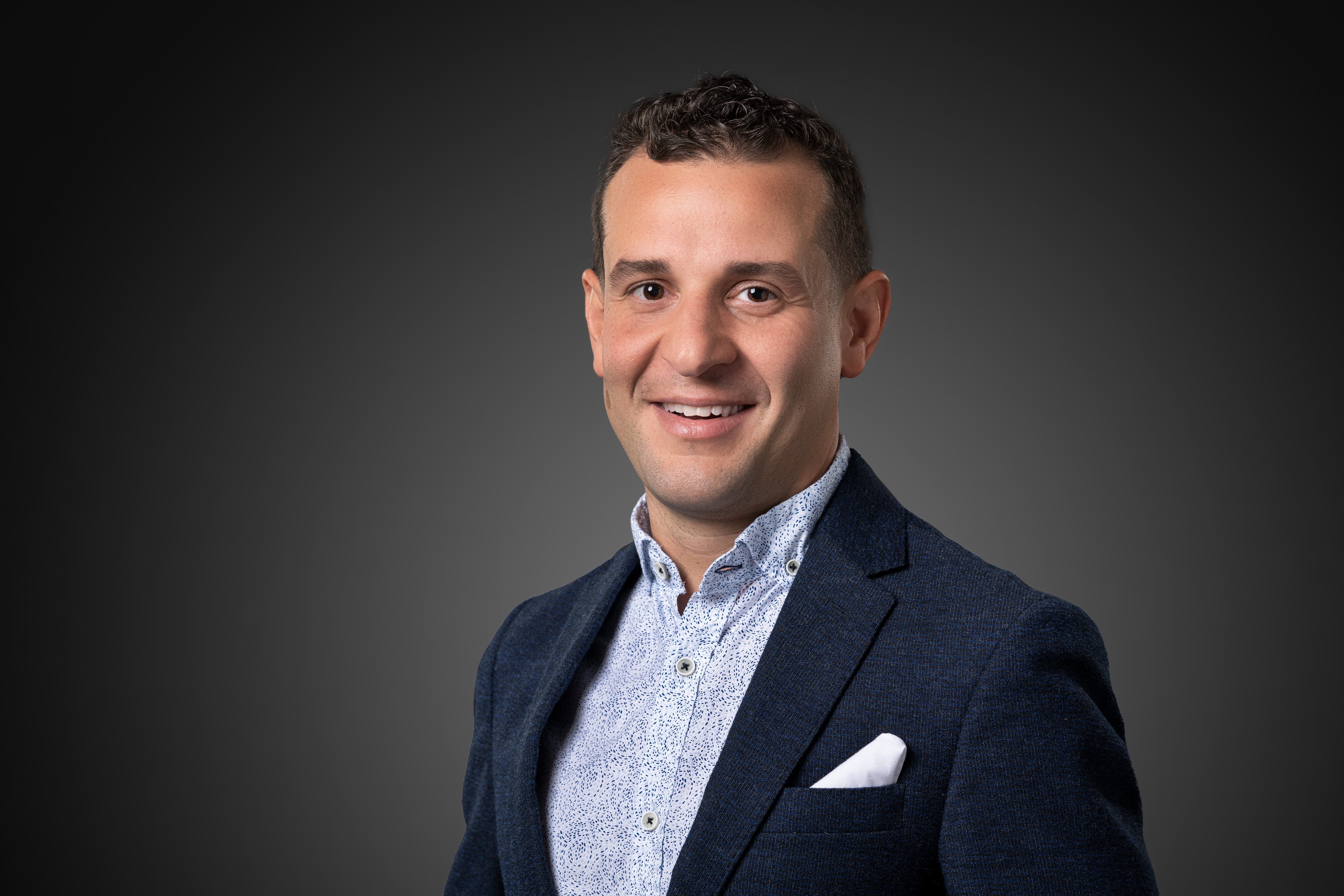
Harness potential of low-income students by valuing what they already know
Nelson Flores discusses the importance of learning about and valuing the linguistic diversity and rich linguistic practices of students from low-income backgrounds.

Edcamps: The ‘Unconferences,’ Where Teachers Teach Themselves
Michael Johanek notes that the Edcamp model can be meaningful not only for teachers but also for school leaders.
The Numbers That Explain Why Teachers Are in Revolt
Matthew Steinberg and Kenneth Shore’s study on the impact of the great recession on student achievement was referenced with regard to the effects of spending disparities.
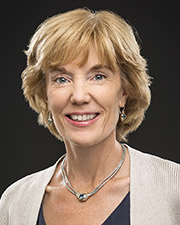
We Now Know A Lot More About Students Who Receive Federal College Grants
Penn AHEAD (led by executive director Laura Perna), in partnership with the Pell Institute for the Study of Opportunity in Higher Education and the Council for Opportunity in Education, published a report that provides a window into the college experience of students who receive federal college grants.

This Quaker Sex Ed Teacher Says Your Kids Need to Be Porn-Literate
Jonathan Zimmerman suggests that schools could play a role in countering prematurely sexualizing imagery, if people of every political side were to agree.
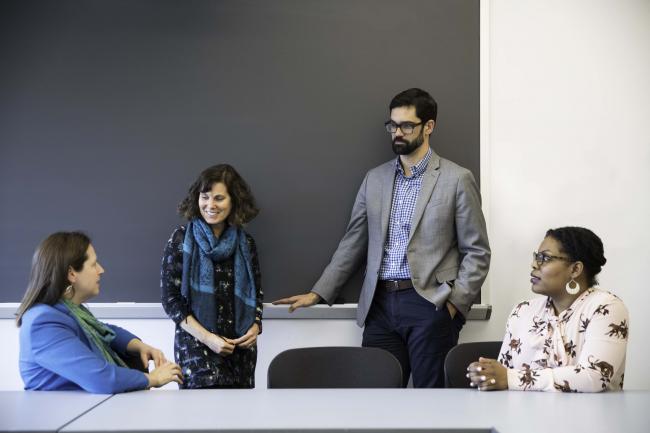

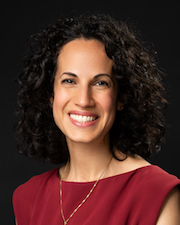
Preschools In Ghana's Capital Challenge Call-And-Response System
Sharon Wolf describes her work to transform preschool education in Ghana by training teachers in play-based and child-centered instruction, and she discusses the challenges of overcoming Ghanaian parents’ resistance to this new approach to learning.

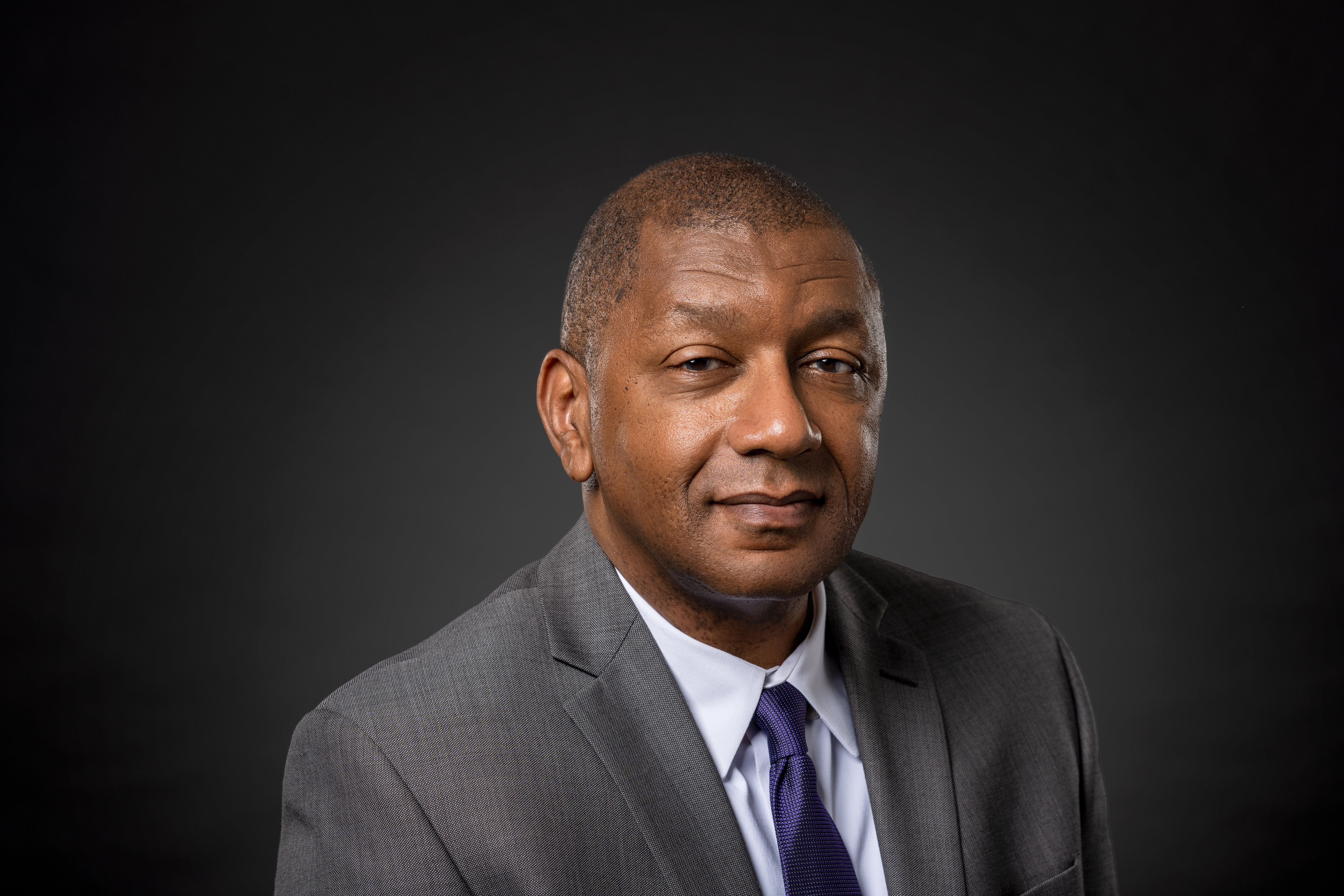
Starbucks closes stores for anti-racial bias training: Recap
Howard Stevenson spoke with the Philadelphia Inquirer and Daily News about the need for Starbucks’ training to extend beyond just one day and to include discussion about employees’ personal experiences.
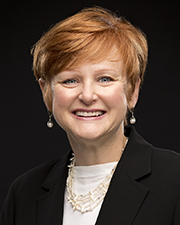
A Degree With Zero Student Debt. Does It Work?
Joni Finney suggests it is worth continuing the Tennessee Promise, which makes two years of community college free to Tennessee’s graduating high school seniors, but cautions that it is still too soon to draw firm conclusions from Tennessee’s data.

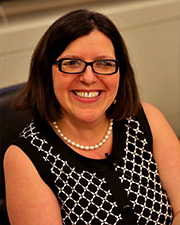
A New Era of Protest Is Energizing Historically Black Colleges and Universities. But There Are Challenges
Marybeth Gasman says that freshman enrollment at HBCUs is up 40 percent. The surge is in part attributed to increasingly visible incidents of racism throughout the nation.


